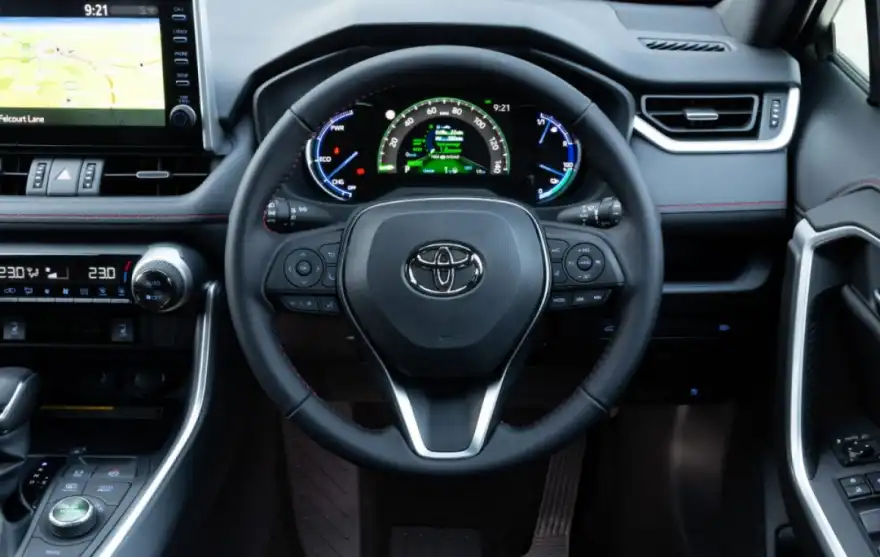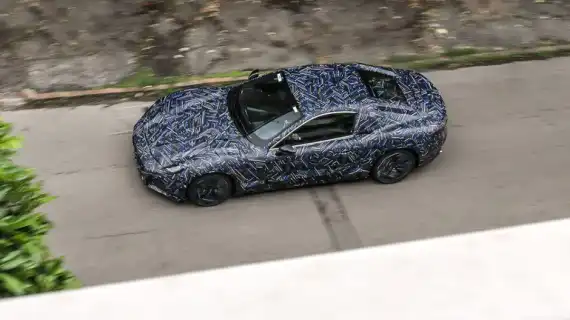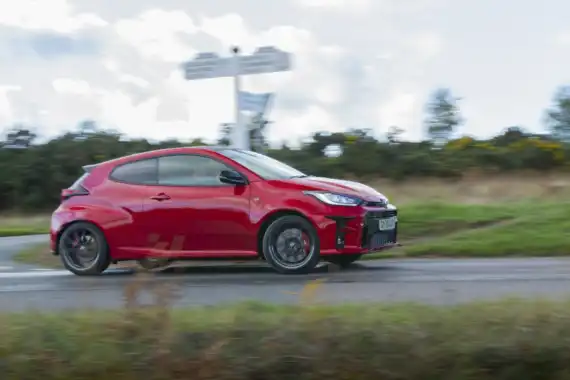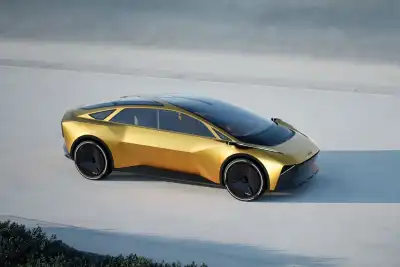
56mph the most fuel-efficient speed to drive - MYTH
56mph is often mentioned by many motorists as the holy grail of speeds as its meant to give you maximum fuel efficient.
However, research by the RAC has said that this isn’t necessarily true. According to the group, the 56mph myth came out of old fuel consumption tests where cars were driven at inner city speed, at 56mph and at 75mph.
The most efficient of the three was 56mph, which led people to think this was always the best speed.
However, depending on type of car the RAC says 45-50mph is most efficient.
Switch off the air conditioning to save fuel - TRUE
It’s true, using air conditioning does increase your fuel consumption by as much as 10%.
The impact may be more noticeable when driving shorter distances as the air conditioner needs a burst of power to initially bring down the temperature in your car.
The most commonly used alternative to air conditioning is opening your windows, but this then creates aerodynamic ‘drag’ which means your car faces more air resistance when travelling and therefore needs more fuel to power it.
If you need to choose between the two, the best option will be to use air conditioning above 50mph as the faster you drive the greater the drag caused by open windows.

Coasting will save fuel - MYTH
Coasting is when you drive with the car in neutral, or with the clutch pedal held down but motoring experts advise against this as it’s unlikely to save you petrol and is deemed to be unsafe.
The AA says most cars have electric controls which cut the supply of fuel each time you take your foot off the accelerator - so there's nothing to be gained by coasting.
Using cruise control saves fuel - TRUE
Cruise control keeps your car at a constant speed and so when travelling on clear motorways, for example, avoid speeding up and slowing down via constant use of the accelerator will mean cruise control does save fuel.
On other road types you are more likely to come across hills and your cruise control will take time to adjust to the change in gradient, using up more fuel in the process.

Wrong tyre pressure will use more fuel – TRUE
Underinflated tyres will lead to increase fuel consumption and mean you will end up back at the petrol station that bit quicker. It’s best to check your pressures regularly, especially before heading off on a long journey.


